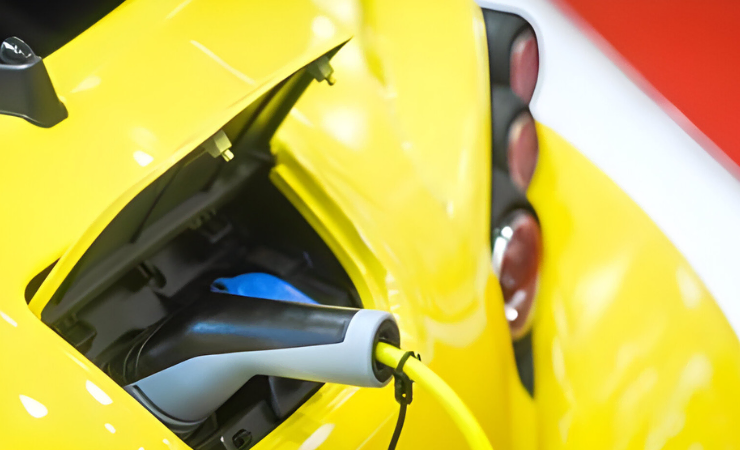Electric vehicles (EVs) have rapidly grown in popularity, but many owners have questions about MOT requirements. To clarify – yes, electric cars do need annual MOT roadworthiness tests in the UK once they are 3 years old from first registration, just like petrol and diesel vehicles.
However, while the MOT evaluates vehicle safety for all drivetrain types, there are some differences in the inspection process for electric vehicles versus internal combustion engine cars.
Note: If an EV is unused for an extended period, owners can apply for a Statutory Off Road Notification (SORN) to temporarily suspend the MOT requirement.
How is an MOT Different for an Electric Car?
When an electric vehicle goes in for its MOT test, there is no emission check required. This is because EVs produce zero exhaust emissions from a tailpipe. Instead, the test focuses more on evaluating:
- Battery system condition
- High-voltage electrical cabling and components
- Regenerative braking system functionality
- Cooling and safety of EV-specific systems
This means many garages and test centres now have specialized equipment and technician training to properly appraise electric drivetrains as EVs become more ubiquitous on roads.

What Exactly is Inspected on an EV During an MOT?
The specific MOT inspection checklist for an electric vehicle focuses heavily on electrical and battery systems, including:
- Examining high-voltage cabling insulation for any cracks or damage
- Checking battery ventilation mechanisms are safely operating
- Assessing charging ports, plugs and cables for wear and tear
- Testing if the regenerative braking system works to specification
- Confirming no warning lights show for EV drivetrain faults
Beyond electrical checks, EVs undergoing an MOT also get assessed for tyres, suspension, fluid levels, seatbelts etc – like any vehicle.
Tips for Preparing Your EV for its MOT
While MOT technicians evaluate in-depth electrical systems, some straightforward preparation steps for owners include:
Inspect Your Tyres
Check tyre tread depth across width and circumference, replace if under 3mm. Ensure tyres are inflated as per manufacturer guidelines for grip.
Test All Lights
Make sure headlights, brake lights, indicators etc are fully functional. Replace any burnt-out bulbs.
Review the Dash for Warning Lights
When starting the EV, check the dashboard for any active warning symbols or error codes needing repair beforehand.
Servicing and Maintenance Savings with an EV
Since electric vehicles have fewer moving components than combustion engines, servicing costs are reduced. Regenerative braking also minimizes brake wear. For EVs, technicians mainly examine brakes, tyres, suspension, and critical – battery pack health.
Over a typical 15-20 year EV lifespan, these simplified maintenance procedures can cost around 30% less than an equivalent petrol or diesel car.
Finding an EV-Qualified Garage for Your MOT
When due for MOT, use a garage with specialized EV technician training and testing equipment aligned to high-voltage systems. Most dealers can test their own EV models. Independent garages registered under schemes like the Hybrid and Electric Vehicle Repair Alliance also offer accredited MOT services tailored to electric vehicles.
MOT Rules for Plug-In Hybrid Vehicles (PHEVs)
For plug-in hybrids with both an electric motor and combustion engine, an emissions test on the petrol/diesel engine is still needed for MOT along with testing electric components and battery. But hybrid emissions limits are stricter than regular cars.
The Future of EV MOT Tests
As EV technology progresses, MOT rules will likely evolve. We may see more stringent appraisals of battery range, charging speed, self-driving features etc. But the core focus on road safety and roadworthiness will remain, regardless of drivetrain shifts from fossil fuels to electricity.
In summary, while electric cars follow conventional MOT guidelines, the inspection methodology favours evaluating EV-specific electrical and battery systems more than mechanical components. EV owners must maintain their vehicles well and use accredited test centres to perform this important annual road safety check.
